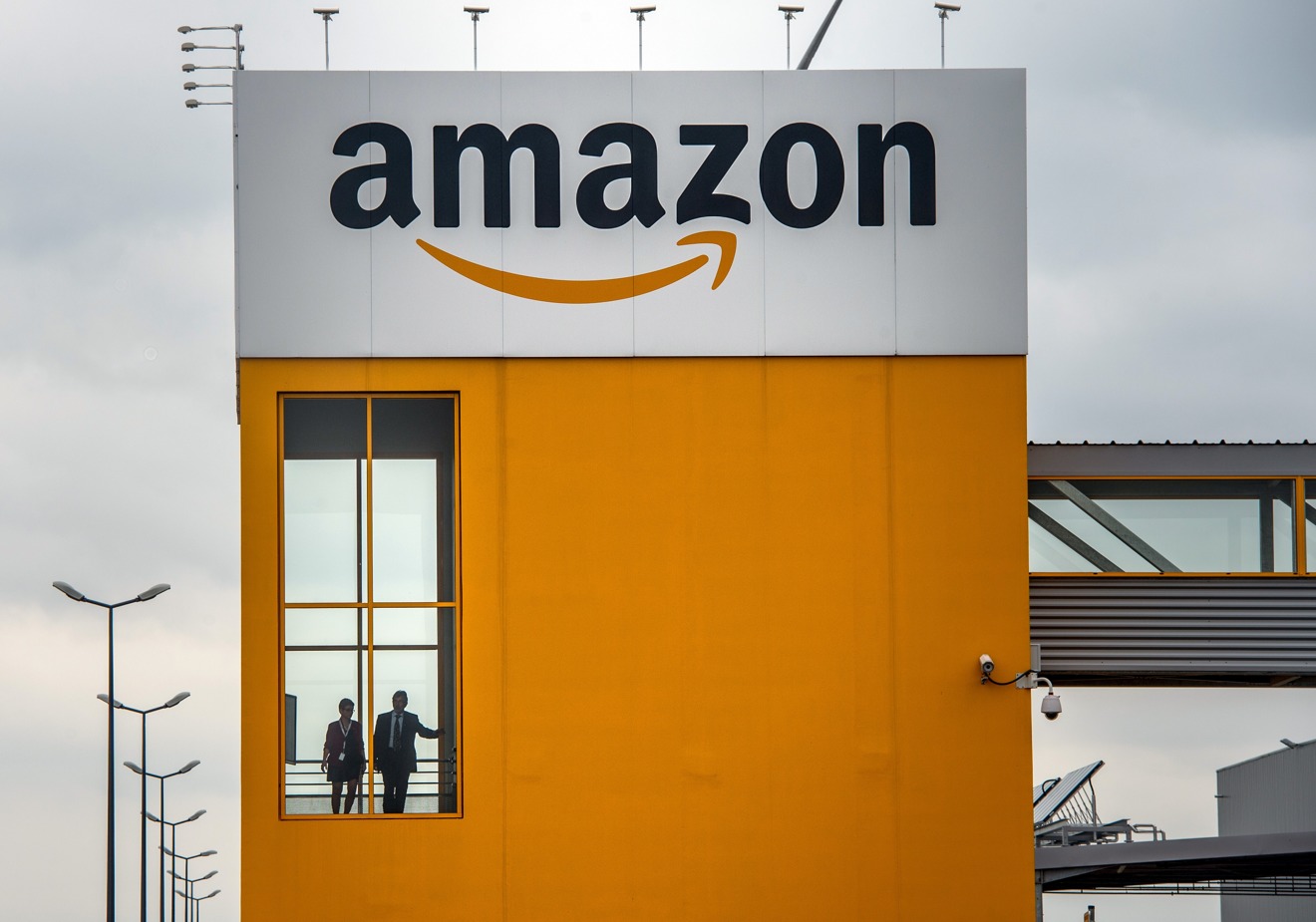Amazon is reportedly kickstarting "Shipping With Amazon," or SWA, a delivery service for other businesses that will take on industry leaders UPS and FedEx.
SWA will launch in Los Angeles within the next few weeks, initially servicing merchants that do business through Amazon.com, Wall Street Journal sources said on Friday. Some of the people indicated that it could expand to more cities by the end of 2018.
Amazon will allegedly try to undercut UPS and FedEx on pricing, which could shake up the parcel industry if the company can scale infrastructure. The company has been gradually moving into self-run deliveries by hiring drivers, setting up air cargo, and delving into ocean freight. It has even been toying with in-home deliveries for people willing to pay for a special lock and camera setup.
Apple currently relies on both UPS and FedEx for U.S. deliveries, and might be tempted to add Amazon to the mix if it will lower overall costs. At the same time, that would funnel money towards a chief competitor.
The two companies are increasingly stepping into each other's territory. Most recently Apple has entered the smartspeaker space with the HomePod, and laid the groundwork for a 2019 TV slate that could challenge Amazon Prime Video.
 Roger Fingas
Roger Fingas

-xl-(1)-xl-xl-m.jpg)






 Chip Loder
Chip Loder
 Amber Neely
Amber Neely
 Wesley Hilliard
Wesley Hilliard
 Marko Zivkovic
Marko Zivkovic
 Andrew Orr
Andrew Orr
 Malcolm Owen
Malcolm Owen








59 Comments
Competition is good. Be interesting to see where this goes. I feel like shipping prices from some of these places are a bit out of touch.
I just heard a news report on this. According to what I heard, it's only for overnight shipping. What percentage of people pay for that today (aside from businesses)? And that's a huge capital and labor cost for Amazon - I expect they'll lose money on this for years to come. But I suppose if they can get other companies to use the service, it covers the cost of trucks and labor that they're already investing in anyway.
No doubt Amazon will workout scheduling and routes that work to their best advantage with as little 'loss leader' as possible.
I use Prime and Amazon Locker as much as possible but often Prime products get marked 'Not available to be shipped to your address' so I have to use a street address which isn't convenient. But Amazon will dot every i and cross every t possible.
I think it was Mac Connection years ago that sent every order, no matter how small, by FedEx overnight. Great while it lasted, but it couldn't.
My rural mail carriers sometimes can't fit all the packages in their personal vehicles, so the packages get delivered the next day.
UPS will sometimes run behind and claim that "the receiving business was closed" (my address is residential) and deliver the next day.
The good thing is that I rarely have to pay for Amazon Prime as a result. Every time a delivery is late, Amazon gives me either a discount or a free month of Prime. I don't mind waiting an extra day for a package to arrive.